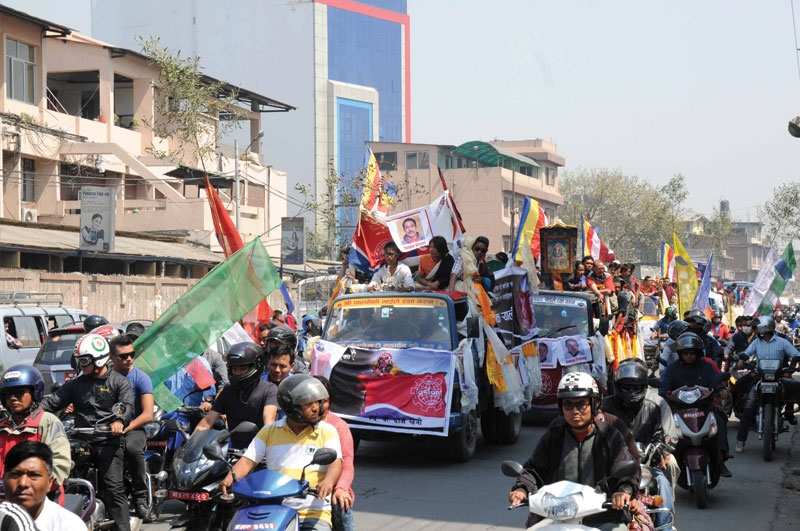| News - Full Story |
|
In wake of Everest deaths, many groups push for reform
16th September, 2014
Source -
|

|
A major workshop late last month represents a significant change in the debates about climbing expeditions on Mount Everest, with significance across the Himalayas and beyond.
The “Participatory Workshop on Roles, Responsibilities & Rights of Mountaineering Workers,” held on 29 and 30 August in Kathmandu, emerged from the unsettled outcome of the tragic accident of 18 April 2014, when 16 Nepalese guides were killed at the Khumbu Icefall on Mount Everest. The spot is well-known as a particularly dangerous part of the route to the summit. It goes over an area in which a glacier descends a cliff so steep that the ice cannot flow smoothly, but rather becomes divided by criss-crossing crevasses into segments, many as large as big houses,which can break off and come crashing down. In essence, an icefall is to a glacier what a waterfall is to a liquid river. Everest contains many other challenges to climbers, including thin air, long ascents and changeable weather, but this icefall is particularly treacherous. Only thirteen of the bodies were recovered before weather conditions caused the cancellation of the search for the others. The guides were predominantly Sherpa, members of a Himalayan ethnic group with longstanding ties to the mountain, who have provided the core guides since the earliest expeditions of the 1920s.
|
|
|
|
| Database error: Invalid SQL: Select id,headline,body,agency,img_name from news WHERE approved=1 order by ts DESC
MySQL Error: 3 (Error writing file '/tmp/MYfd=305' (OS errno 28 - No space left on device))
Session halted. |
